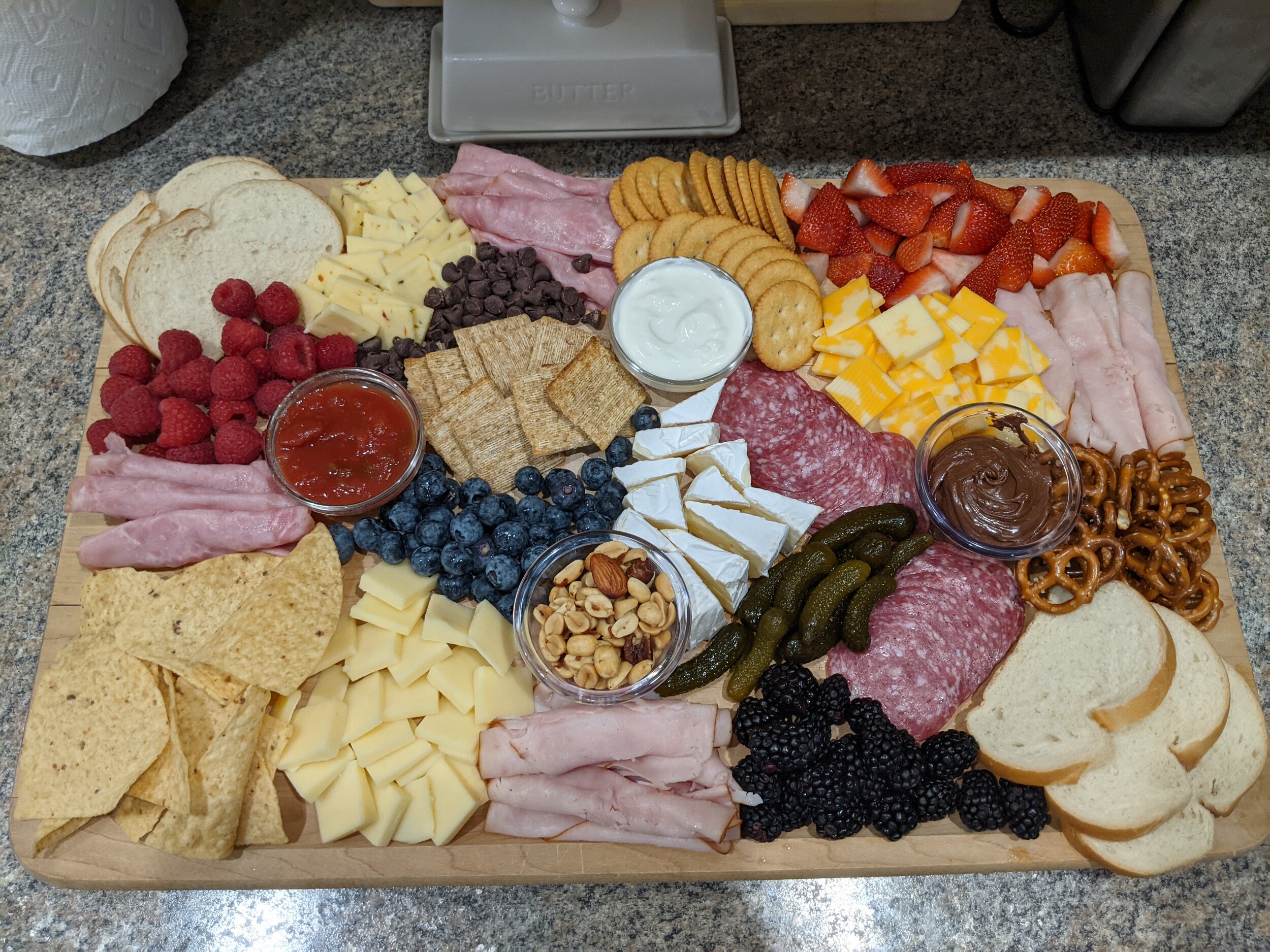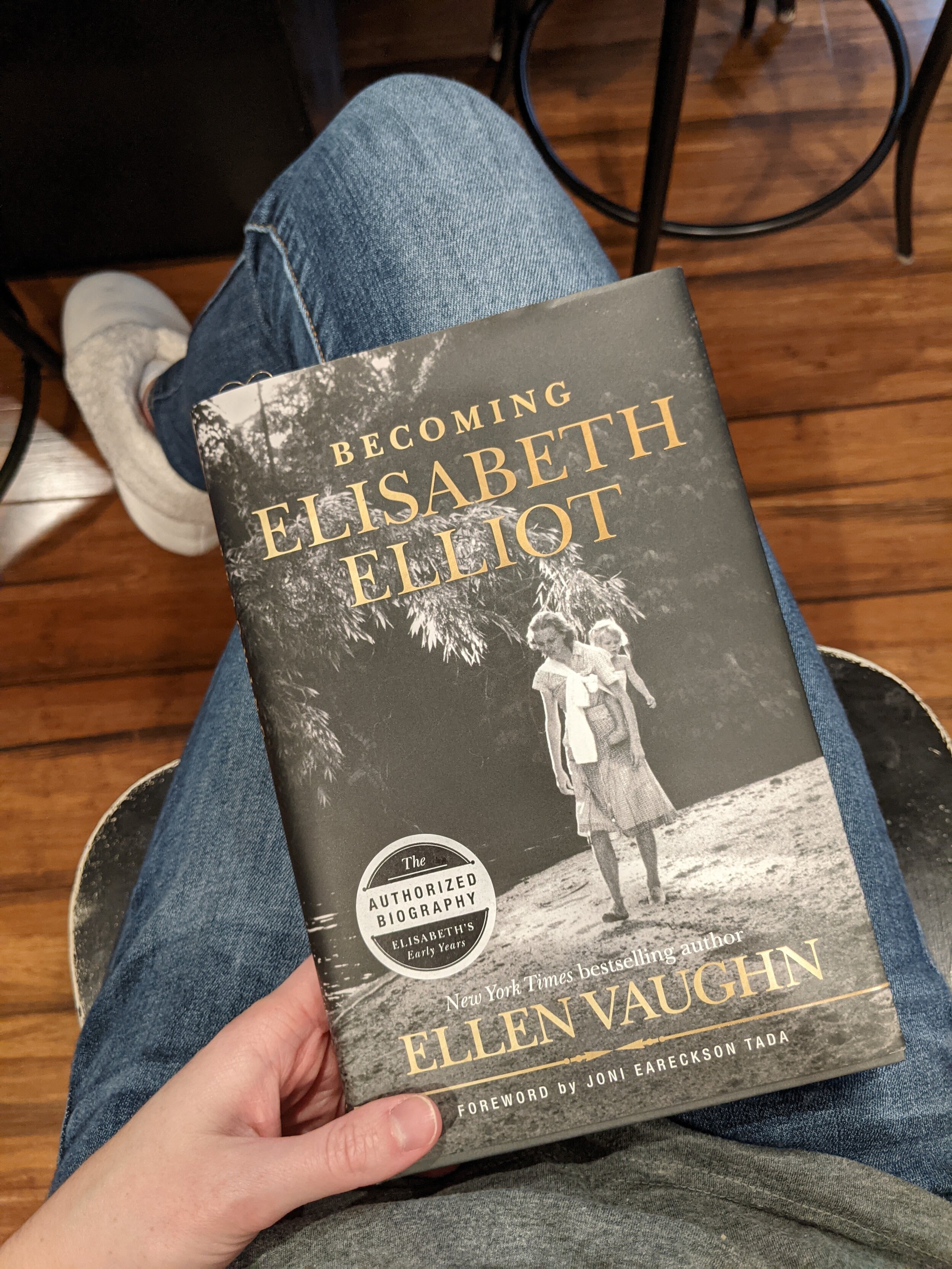Gathering around the table: a once-almost sacred event, carefully guarded from distractions, is almost just a relic in American memory. Perhaps we have lost our understanding of its importance, consequently giving our allegiances to other activities which leave no time for the family dinner hour. Admittedly, we have begun to struggle with this as sports have monopolized our dinner time many days, giving us strong pause about our choices.
There are studies and research that provide astounding evidence to the benefits of gathering together around the table regularly, from lower rates of obesity to lower rates of drug use in youth. Importance of the Family Table (With a Look at Education Benefits) lists some of them.
The rhythm of gathering daily, the act of facing each other, poised to listen and be heard, partaking in a pleasurable activity together and enjoying the gifts of God that are recognized as such–these are life-giving things. It’s difficult to hold a grudge against someone with whom you are breaking bread and passing plates. Fellowship in inextricably intertwined with eating together. For that reason, we should guard our meal times religiously.
“The table is a place of memory where we…become aware of who we are and with whom we are. Around the table, all previous meals come together in every meal, in an endless succession of memories and associations. The table is the place where the family gathers, the symbol of solidarity, or indeed the backdrop to family rows and childhood tragedies. At the table the eater is tamed.” Why We Eat Together, The Atlantic
I’ve also been thinking about the biblical implications for the importance of table fellowship and it’s a beautiful thing to trace, encouraging us of even more meaningful reasons to make gathering a priority.
Jesus loved to tell stories using imagery of food. He called Himself the Bread of Life, promising to fulfill our insatiable appetites, and offering us the Drink that will cause us to never thirst again.
And in that life-changing Eucharist that points us to the cross over and over, until His return, He invites us to dine with Him over wine and bread. It’s an intimate fellowship at His table each time we gather so we make it a regular part of our worship, doing it in remembrance of Him.
The Eucharist should spill over to our own tables. And what does Eucharist mean? THANKSGIVING. Ultimately, when we come to table–the Lord’s table or our own, we join together in thanksgiving because we should. We have been given life and redemption, and abundance beyond that.
Do our children meet with us each day in Eucharist–thanksgiving? The older I get, and the more I see, the more I’m convinced that there is NO trait more important to cultivate in our homes than gratitude. I beg the Lord to keep my children from some of the self-absorbed, petty and destructive attitudes I see among so many young people I know.
And as our thanksgiving grows, it spills out onto those around us. Scripture encourages us to be hospitable–to those outside our homes as much as inside.
“A generous person will prosper; whoever refreshes others will be refreshed.” Proverbs 11:25
When we break bread with our neighbors, extended family or friends, there is an unspoken refreshment happening. We thank Him for our friends, and we thank Him for the hands and heart that, through ministry, labor to create a beautiful, tasty meal–even a simple one. Eucharist.
Let us strive to carve out, as often as possible, this time of gathering together, sharing a meal and sharing ourselves out of thanksgiving, leaving a powerful demonstration in our homes of what it means to live thankfully.
Originally written and published by Kelly Crawford. Used with permission.







